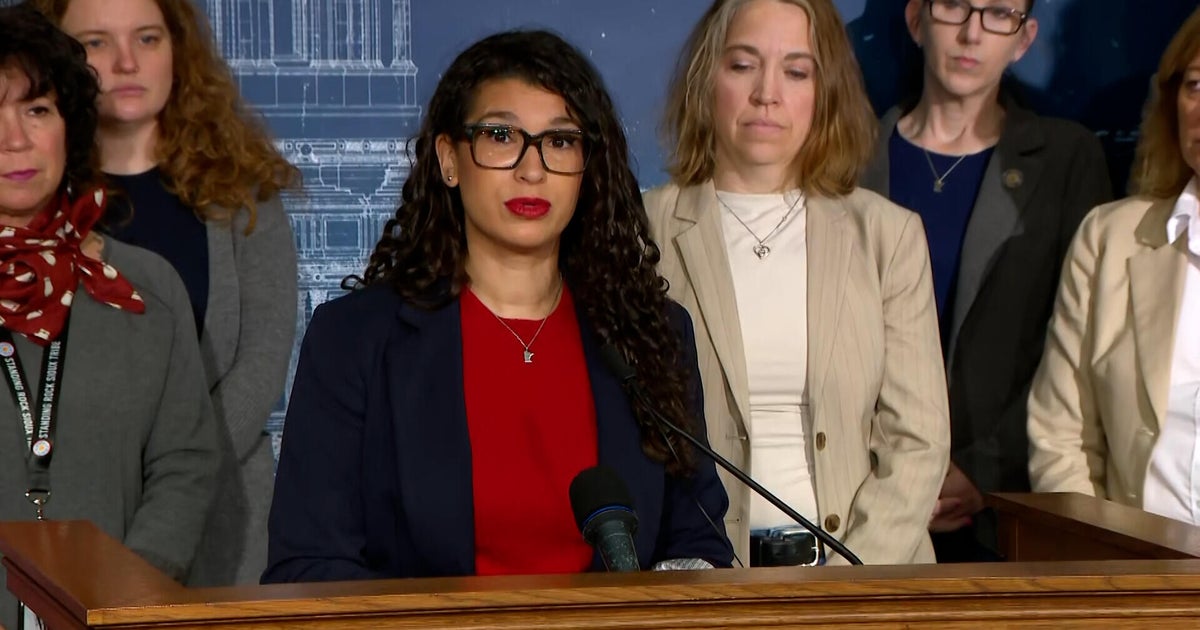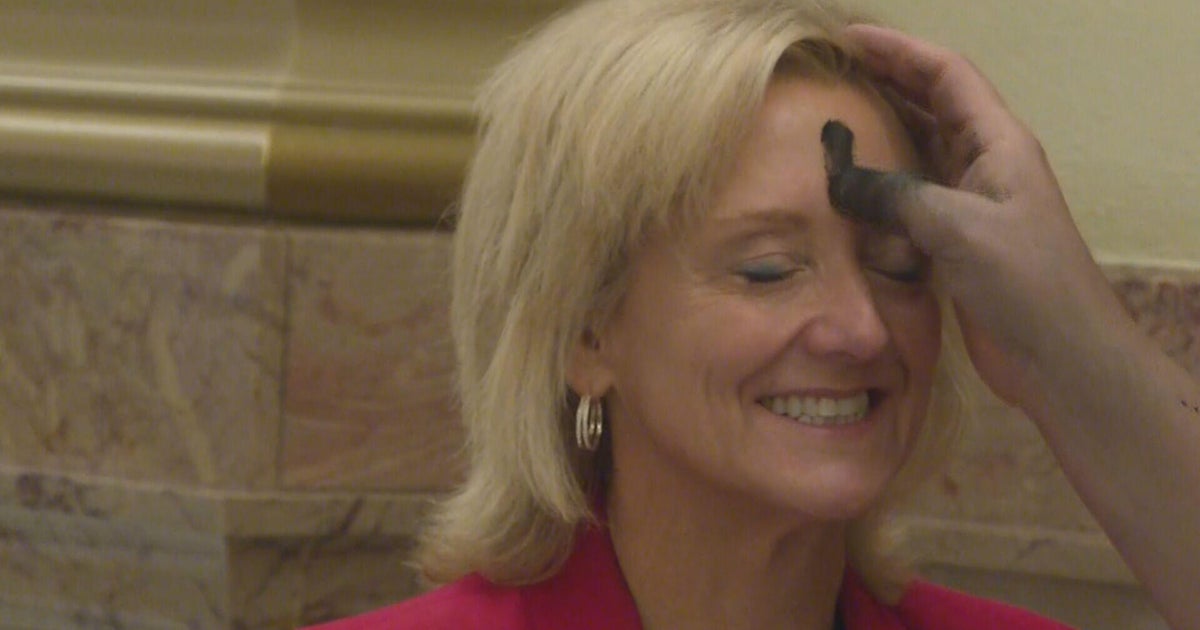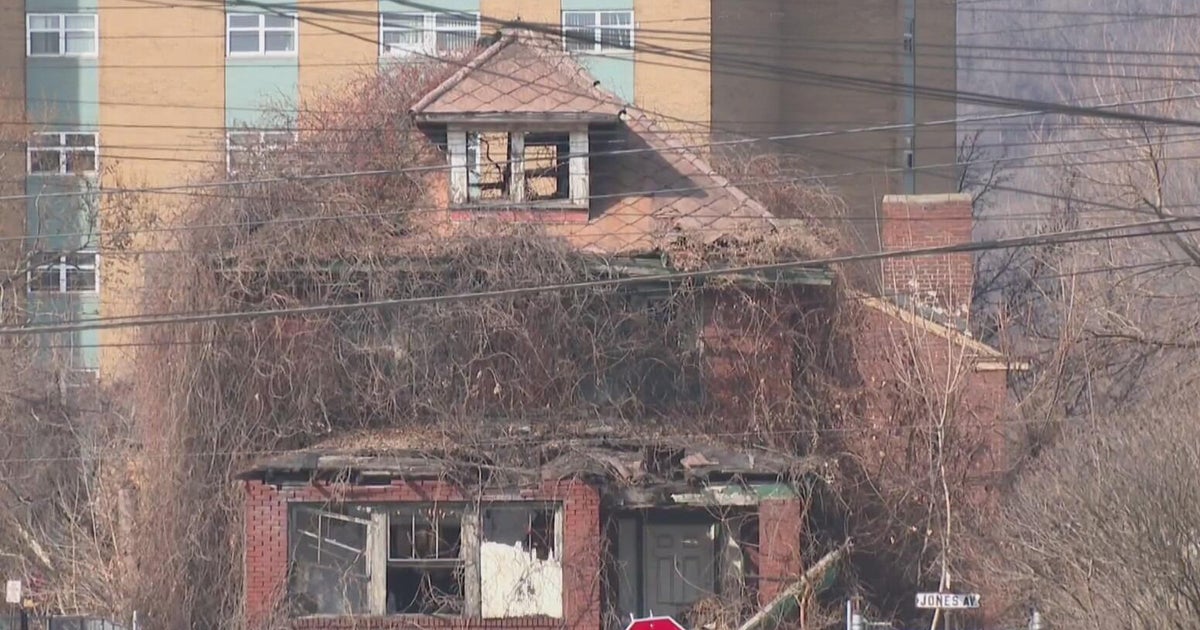Kirk, Durbin Grill Nuclear Safety Experts
CHICAGO (CBS/WBBM) -- More questions emerged Friday about the safety of U.S. nuclear power plants and about the agency charged with overseeing them.
Top federal lawmakers met in Chicago with the Nuclear Regulatory Commission and taking a hard look at making some safety changes.
LISTEN: Newsradio 780's Mike Krauser reports
Podcast
NRC deputy regional administrator Cynthia Pederson said there is no immediate need for changes here in the wake of the nuclear drama in tsunami-ravaged Japan.
But U.S. Sen. Mark Kirk, R-Highland Park, suggested Congress needs to be more involved with the work of the nation's nuclear oversight panel.
"There's no substitute for congressional and press oversight," Kirk told reporters.
The Inspector General released a report calling the agency's oversight of the country's nuclear plants unclear and contradictory. It found that two dozen equipment defects were identified at nuclear plants but were not reported to the NRC.
Both Kirk and Sen. Dick Durbin, a Springfield Democrat, are concerned about the more than 7,000 tons of nuclear waste that is currently being stored in Illinois. Illinois has the most nuclear plants of any state.
"We have two nuclear reactors that are of the same design as those that have failed in Japan," Durbin said.
Durbin and Kirk both believe the waste should be stored in Yucca Mountain, Nev., where it would be 100 miles from any town. The chief operating officer of the nation's biggest nuclear power producer says that, no matter what happens, Illinoisans need not worry.
"Let me assure you that we have full confidence that our plants in Illinois and elsewhere are safe," Exelon's Charles Pardee said.
Durbin says one possible solution would be re-processing or recycling spent nuclear fuel. He said that is being done in other countries and the strategy needs to be considered here.
Durbin asked Joseph Klinger, who's in charge of nuclear safety for the state, for the number of people who live near nuclear plants. Within 10 miles, there are about 180,000 Illinoisans, Klinger said.
Asked by Kirk whether the state has enough doses of potassium iodide for those people in the event of an emergency, Klinger replied: "We don't have that much."
Durbin and Kirk aren't the only elected officials wondering about the safety of Illinois nuclear power plants. Gov. Pat Quinn has suggested reviewing the state's system of safety inspections and possibly charging power producers additional fees to step up safety measures.







